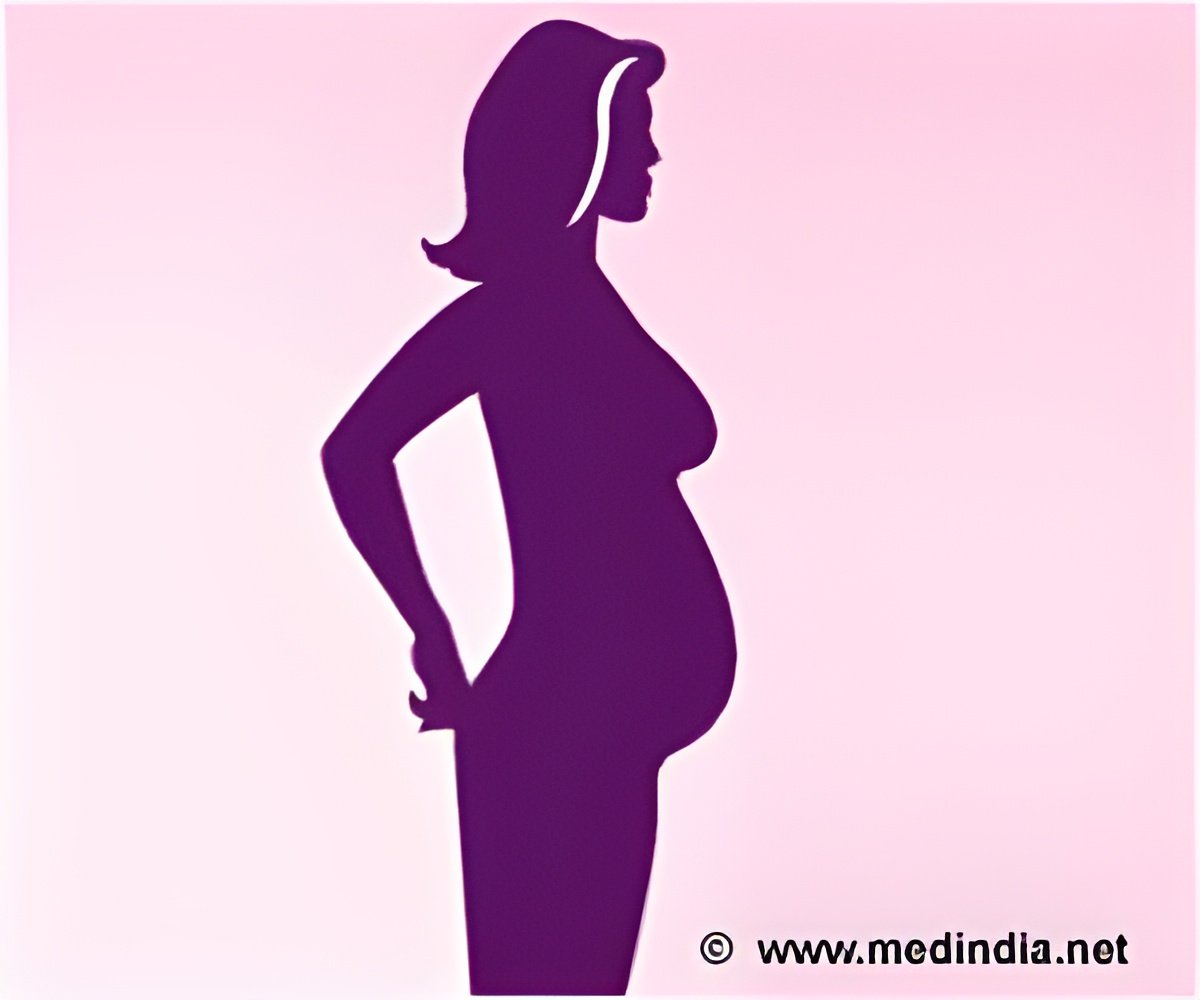Researchers led by Shaon Sengupta have found that early-term births after 37-38 weeks of gestation have a higher neonatal morbidity rate.

According to study results, 27 percent of all live births were early-term (birth at 37 to 38 weeks). In comparison with term newborns (birth at 39 to 41 weeks), early-term newborns had higher risks for birth complications, including: hypoglycemia (low blood sugar, 4.9 percent vs. 2.5 percent), NICU or neonatology service admission (8.8 percent vs. 5.3 percent), need for respiratory support (2.0 percent vs. 1.1 percent), and requirement for intravenous fluids (7.5 percent vs. 4.4 percent). Cesarean deliveries, common among early-term births (38.4 percent), posed a higher risk for NICU or neonatology admissions and morbidity compared with term births; NICU or neonatology admission was also more common in vaginal early-term births compared with term newborns.
"We conclude that early-term delivery is associated with greater morbidity and with increased admission to the NICU or neonatology service in a geographic area-based setting. This increased risk is more profound with cesarean section deliveries but exists for vaginal deliveries as well," the study concludes.
Source-Eurekalert
 MEDINDIA
MEDINDIA




 Email
Email




